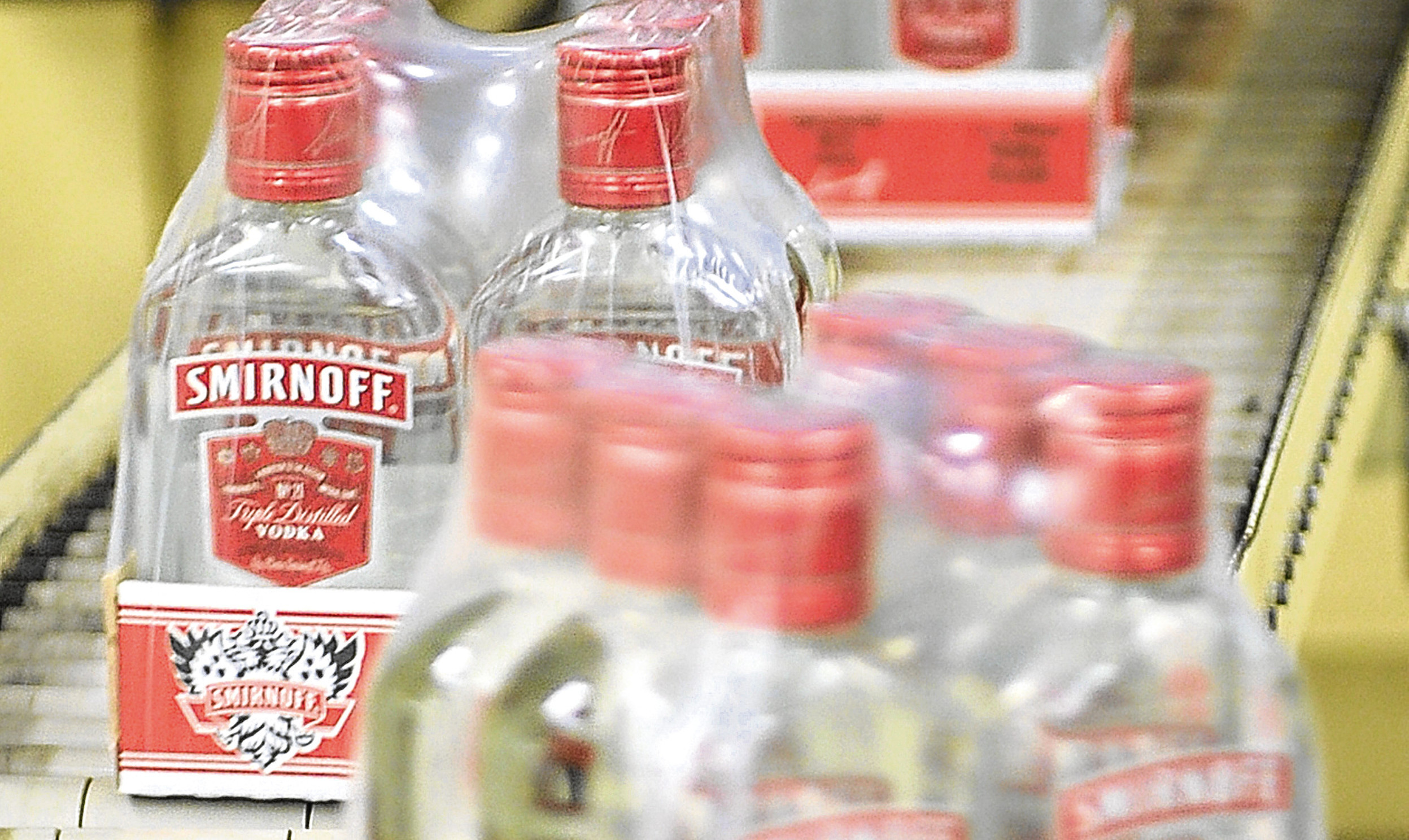A ban on alcohol sales near highways in India has been highlighted as a potential threat to major Fife employer Diageo.
The drinks giant, which produces some of the world’s most well-known alcohol brands, said it expected to meet its sales expectations this year.
However, in a trading update ahead of its AGM yesterday, the company warned of the expected impact of the highway ban, which came into force in India in April this year.
The ban stops alcohol being sold within 500 metres of the country’s state and national highways.
Around 16% of Diageo’s sales were made in the Asia Pacific region last year and its share price fell as investors became concerned at the impact of the ban on the company’s top line.
The company owns the brands Smirnoff vodka, Johnnie Walker whisky, Guinness and Baileys.
Chief Executive Ivan Menezes said that trading in the first half of the year could also be impacted by the later timing of Chinese New Year.
He said: “Our business continues to strengthen through improved marketing, innovation, and commercial execution and we are well set up to deliver in line with our expectations.
“We expect the H1 organic net sales growth rate will be impacted by the later timing of Chinese New Year and by the expected impact of the highway ban in India.”
The company is weighing up its investment in US spirits and scotch.
It said it expected to deliver “mid-single digit top line growth” this year and also aimed to increase its operating margin by around 1.75% by June 2019.
Diageo packages white spirits, ready to drink products and Scotch malt whiskies at its 150-acre Banbeath site at Leven, where it can produce around 500 bottles a minute.
Some 1,400 different products are produced at the Leven site and are shipped off to 180 countries.
Diageo also runs Cameronbridge distillery near Leven, where 100 million litres of spirits are produced every year.
It also recently established warehouse Cluny Bond near Kirkcaldy, where spirits are laid down for maturation.
Mr Menezes saw his total pay drop a third last year after failing to hit certain performance targets.
Though his base salary rose 1.5% to $1.54m, his total remuneration dropped roughly 35% to $4.31m.
rmclaren@thecourier.co.uk
